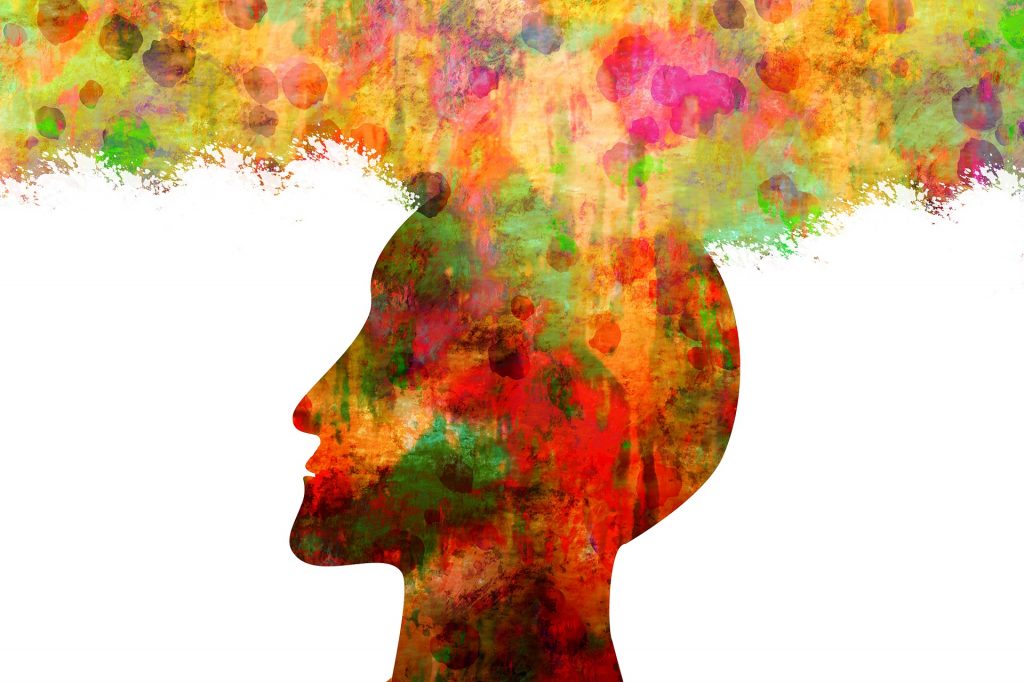
Here’s my selection of 10 pieces from the Golden Record:
- Peru, panpipes and drum, collected by Casa de la Cultura, Lima. 0:52
- Azerbaijan S.S.R., bagpipes, recorded by Radio Moscow. 2:30
- China, ch’in, “Flowing Streams,” performed by Kuan P’ing-hu. 7:37
- Japan, shakuhachi, “Tsuru No Sugomori” (“Crane’s Nest,”) performed by Goro Yamaguchi. 4:51
- India, raga, “Jaat Kahan Ho,” sung by Surshri Kesar Bai Kerkar. 3:30
- Navajo Indians, Night Chant, recorded by Willard Rhodes. 0:57
- Bulgaria, “Izlel je Delyo Hagdutin,” sung by Valya Balkanska. 4:59
- Mexico, “El Cascabel,” performed by Lorenzo Barcelata and the Mariachi México. 3:14
- Australia, Aborigine songs, “Morning Star” and “Devil Bird,” recorded by Sandra LeBrun Holmes. 1:26
- Zaire, Pygmy girls’ initiation song, recorded by Colin Turnbull. 0:56
I followed one criteria for finalizing my list: How can I best represent as many cultures as possible by choosing 10 from the existing 27? This guiding criteria was formed after considering some of the questions that Dr. Rumsey raised throughout her presentation (Required Viewing for Week 8).
“What can we afford to lose?”
“How do we distinguish noise from signal?”
“How do we know what has long term value?”
“What are the things that we use very much today, but may not turn out to be of long term value?
“How do we keep from making mistakes that our successors curse us for, not having captured something which is so important?”
“What good is memory to begin with?”
After considering these questions, I decided that cultural diversity of Earth is something I cannot afford to lose if I were to curate something for making first contact with extraterrestrial life.
There are several words I would use to describe this assignment: interesting, difficult, futile. The idea that the Golden Record could be use to make contact with intelligent intergalactic life, allowing them to decode and find value in the audio information it contains is interesting, but improbable. Using 27 songs to preserve the memories of and represent all of humanity is impossibly difficult, given the diversity of everything on planet Earth (flora, fauna, cultures, etc.). Narrowing the already incomplete representation of just 27 down to 10 is downright futile.
It’s inevitable that important information would be lost. Knowing what we want to communicate through the Golden Records is one thing, but it will be probably be completely misinterpreted by intelligent lifeforms who discover it. The whole attempt is based on too many assumptions. A worst case scenario is that music could be a declaration of war for them, so whatever sound tracks we select might lead to invasion and complete annihilation of the human race. Or maybe an equally worse scenario: the lifeform that discovers this is deathly allergic to sounds and we end up committing xenocide.
References
Brown University. (2017). Abby Smith Rumsey: “Digital Memory: What Can We Afford to Lose?”


norah smith
July 3, 2020 — 7:24 am
I had the exact same thought on some of these pieces being interpreted as a declaration of war or wiping out another race by accident. The context isn’t quite the same, but that Star Trek Beyond scene where blasting the Beastie Boys saves us all.
Christopher Lam
July 3, 2020 — 7:38 am
I remember that scene! I thought it was the best thing in the movie… Absolutely hilarious.
The whole idea of the Golden Record actually reminds me of the emoji task… Without having seen the movies or read the books before, it’s difficult to decipher what ideas the emojis were used to communicate in our summaries. I think that while it was a noble attempt to include photos, sounds, greetings in different languages, and music in the the Golden Record, it really is just a mix bag of “things” with no definitive cipher for decoding the meaning accurately.
Chris Lam
tyler graham
July 3, 2020 — 9:44 am
I liked that you laid out a specific criteria and ran with that. And what an awesome connection to Dr. Rumsey. I noticed immediately that no western music made it in (do we consider mariachi western? I’m honestly unsure) and I wondered about that – until I continued on in the reading.
“Using 27 songs to preserve the memories of and represent all of humanity is impossibly difficult, given the diversity of everything on planet Earth (flora, fauna, cultures, etc.). Narrowing the already incomplete representation of just 27 down to 10 is downright futile.”
Totally true. I always found it kind of a weird thing to have literally done. As a thought exercise, certainly. It could actually be a fantastic assignment for a music class. Or even an anthropology class. But to spend millions upon millions and send it into space is, as you aptly said, futile.
Christopher Lam
July 4, 2020 — 11:08 am
Hi Tyler!
I wrestled with whether or not to include classical music. I actually played classical piano since a very young age, so it was a VERY difficult decision to leave it out. In the end, I made the assumption that the other photos and greetings tracks are still going to be on the Golden Record, so I decided that that was enough of a “western” touch on the initiative.
I agree that it would such a great exercise for a music class. Even for a history class, to discuss what sort of info and artefacts they would include in a time-capsule or sorts, which is what the Golden Record is right? 🙂
But yes, this is futile.
Chris Lam